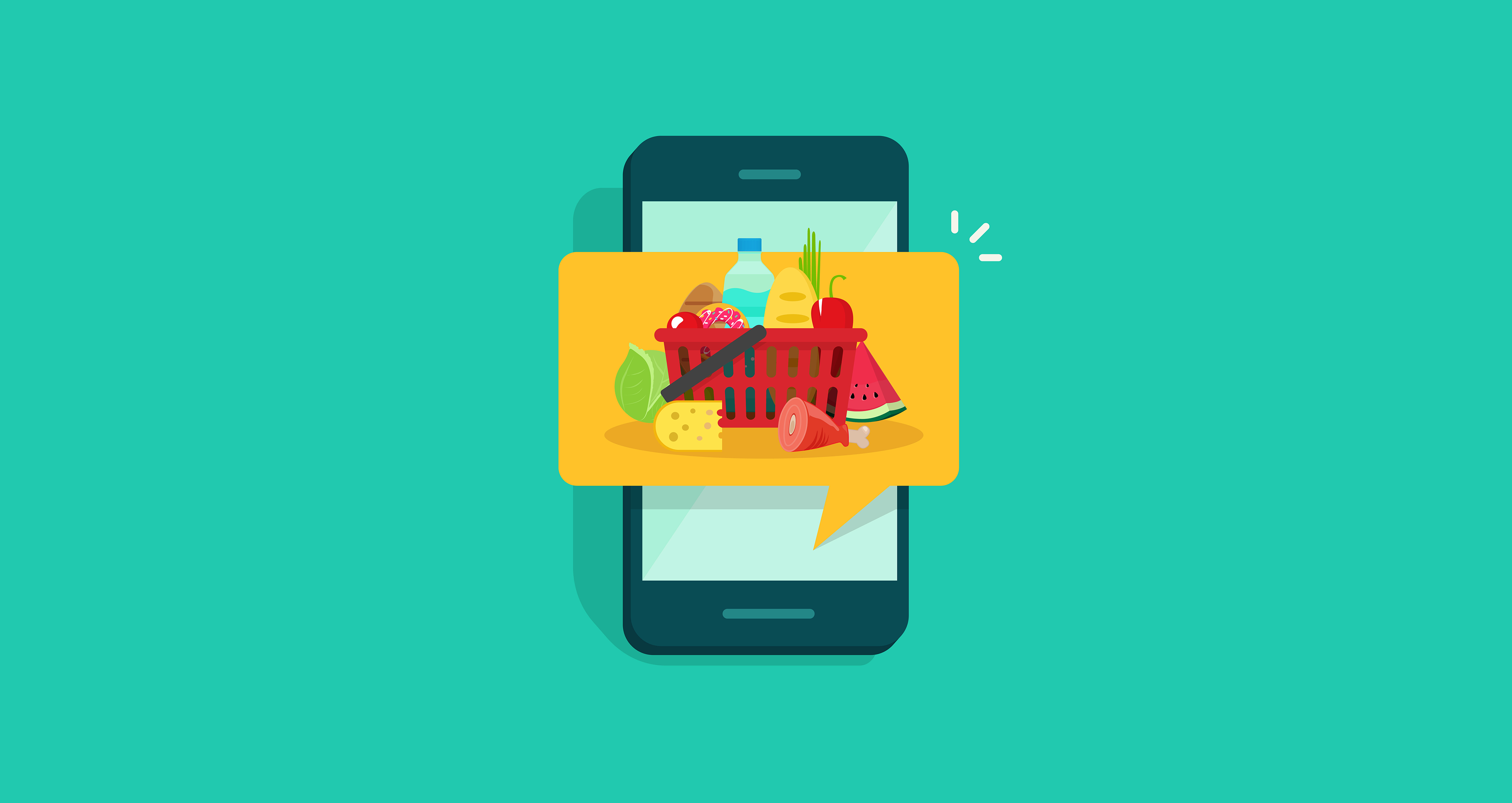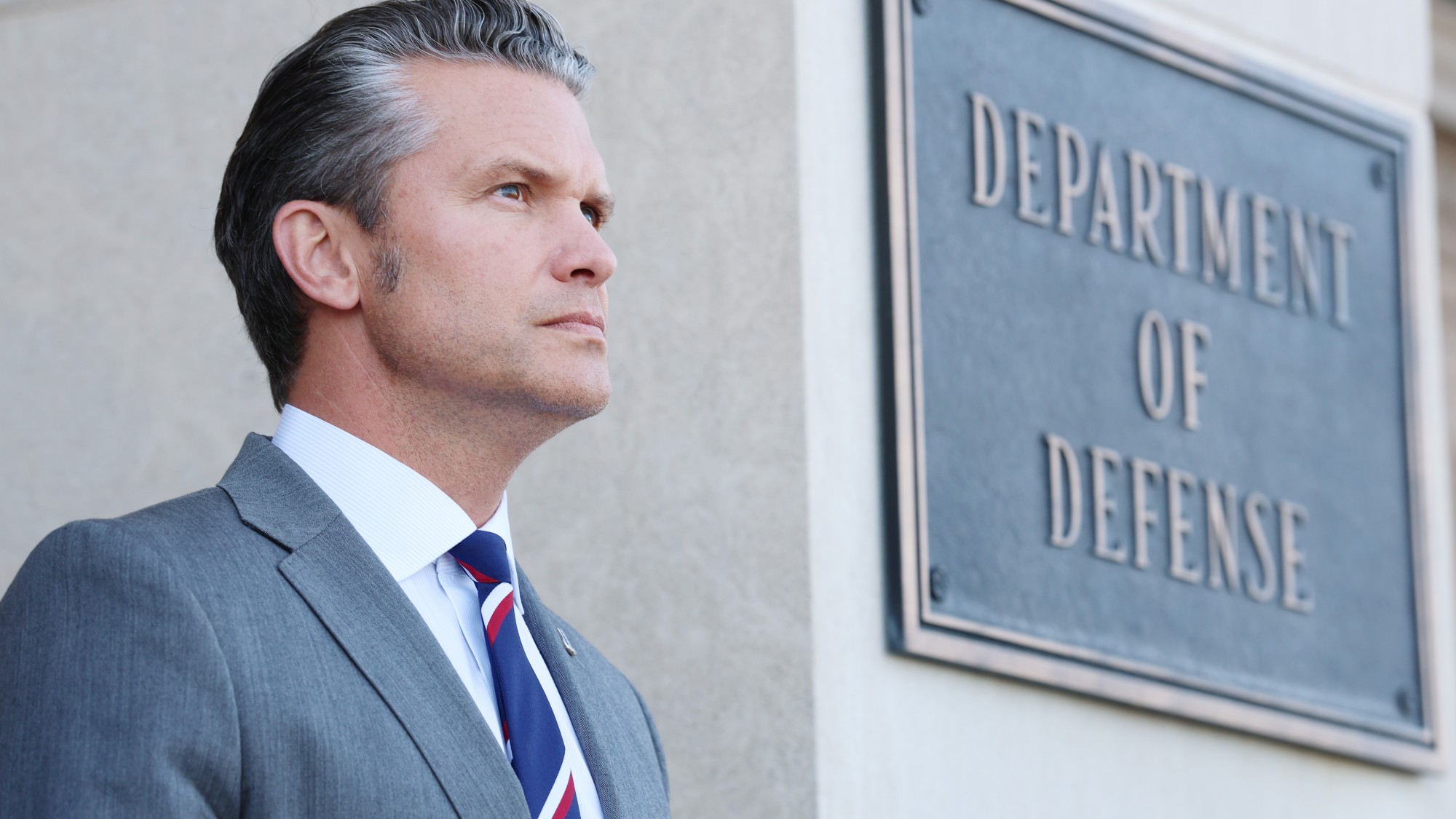My gig economy nightmare
I spent three weeks in the gig economy before it broke me. Here's what I learned.


The freelance life can be seductive: The flexible hours, the lure of quick cash, and the freedom to be your own boss all hold sexy appeal for anyone who has ever loathed their nine-to-five job. Of course, the downside to not having a boss is that you no longer have the protections a boss provides. No health insurance, no 401(k), no paid sick days — these are obvious risks. But what about generating your own business? Not having a boss means you have to find your own paid work. There's no guaranteed income, which means that you not only create your own safety net, you have to be a darn good hustler and money manager, too.
I was ill prepared for these truths. In 2013, I left a secure position, fancy title, and meagerly paid non-profit career to follow my dream of becoming a writer. An acquaintance read my dating blog and offered me a daily column on her website. Another gig followed on its heels. Soon, I was paying San Francisco rent with nothing more than my laptop and my words.
But the first rule of freelancing is that nothing is a sure thing. Nine months into my dream, the website I wrote for shuttered. My sole remaining gig barely paid for lunch, much less rent, and it certainly wasn't enough to squirrel away any money for taxes. I had done nothing to build a network. I didn't have a rainy-day fund. On top of that, I suddenly needed emergency dental work, with a bill that topped $4,000. My old friend clinical anxiety, roared back into my life. When my tax bill for nearly $5,000 came, I had $27 left in my bank account.
The Week
Escape your echo chamber. Get the facts behind the news, plus analysis from multiple perspectives.

Sign up for The Week's Free Newsletters
From our morning news briefing to a weekly Good News Newsletter, get the best of The Week delivered directly to your inbox.
From our morning news briefing to a weekly Good News Newsletter, get the best of The Week delivered directly to your inbox.
The verdict was in: I wasn't financially adult enough yet to survive the freelance life.
Desperate for fast cash, I scoured Craigslist, that soul-sucking site for the unemployed. That's when I saw it: "Earn Cash Today as an App Delivery Driver." The premise seemed brilliant enough: The gig economy — that booming industry of independent workers who get paid for individual "gigs" — would save me.
After a 45-minute orientation at the San Francisco startup's office, I was deputized with my app log-in and a hot/cold delivery bag. I figured I'd earn a quick $1,000 delivering groceries, hot meals, and fro-yo, and things would be peachy keen. I slipped on the white plastic and app-branded sunglasses I'd just received and stepped outside to rejoin adulthood.
Turns out I sucked as a delivery gal. All-in-all, I averaged $30 per 3-hour shift, which barely covered my gas expenses — and certainly didn't cover Bay Area living costs. Beyond the dismal earnings, delivery driving and grocery shopping for other people left me feeling disconnected and dehumanized. One time I delivered a single milkshake with instructions to set it on the porch and ring the doorbell as I left. I bought groceries for a health-conscious fellow, who — through the app messaging system — meticulously detailed each of his preferred brands of granola, almond milk, and hot sauce. It was exhausting and stressful.
A free daily email with the biggest news stories of the day – and the best features from TheWeek.com
I bottomed out after delivering a single slice of free pizza during a customer promo. After paying $3 to park on top of the world's worst parking garage, then race across Oakland to beat the app's one-hour delivery promise (or risk losing my gig), I made it to the door with one minute — seriously, one minute! — to spare. Nearly in tears, I knocked and handed over the cheese slice. The girl smiled, took her food, shut the door, and that was it. We had no real human interaction. And there was no tip. That experience broke me, but it also lit a fire in me to find writing work — any writing work — and reclaim my dream. After three weeks in the gig economy, I quit.
App delivery drivers — and other gig economy workers, like taskers and ride-sharers — are the unsung heroes of this Earth. Their hustle deserves human kindness and generous tips. I learned that it's hard to earn a living through these platforms. And I actually come from a position of privilege compared to others in the gig economy, many of whom are more likely to be from low-income households.
When I ditched the delivery gig and got back to writing, things were slow. I started with an hourly contract gig. It didn't pay well, but it provided bylines and networking opportunities. I worked hard to meet writers and editors and build my business from the ground up. I didn't reduce my debt that second year, but I scraped by.
Now, four years in, I earn more than my highest non-profit salary. I pay quarterly estimated taxes and contribute to an IRA and solo 401(k). I travel frequently — thanks to my nomadic office that consist only of a laptop. I'm also overly reliant on one long-term client, but know my comfort is not a promise and have saved for an inevitable shakeup. I'm learning that real financial adulthood isn't delivered to my door; I have to budget, hustle, and network. I can't imagine trading in this lifestyle, and in fact, I wouldn't return to traditional work, even for more pay.
Annie Crawford is a full-time freelance writer living the sunshine life in Oakland, California. Read her work and follow her frequent travels on Twitter.
-
 Did Trump just end the US-Europe alliance?
Did Trump just end the US-Europe alliance?Today's Big Question New US national security policy drops ‘grenade’ on Europe and should serve as ‘the mother of all wake-up calls’
-
 How the War Department became the Department of Defense – and back again
How the War Department became the Department of Defense – and back againIn Depth In 1947 President Harry Truman restructured the US military establishment, breaking with naming tradition
-
 Sudoku hard: December 8, 2025
Sudoku hard: December 8, 2025The daily hard sudoku puzzle from The Week
